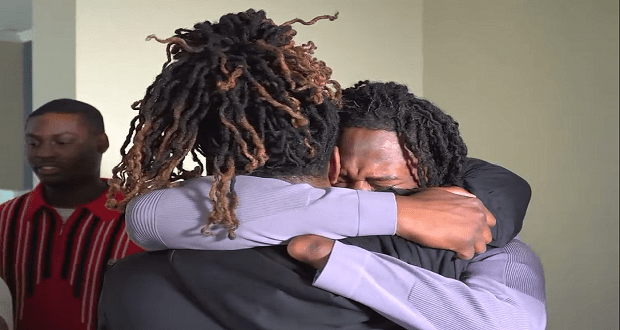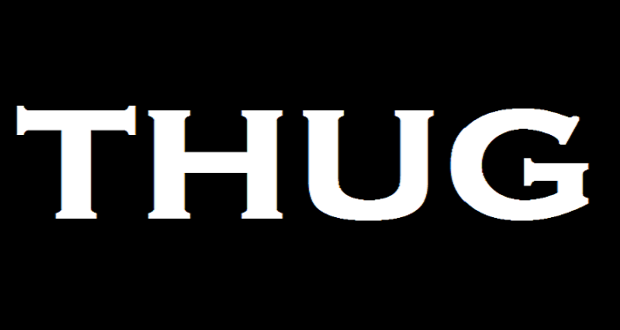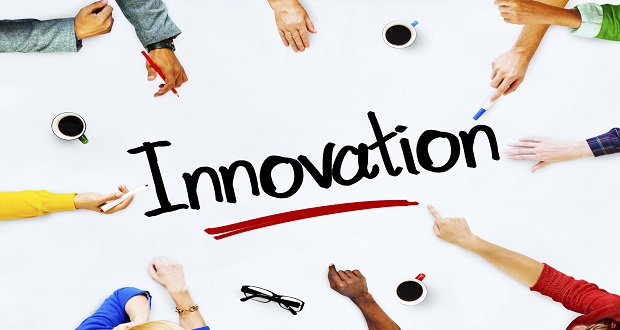
I have been an avid reader my entire life. I remember my mom getting me books on cassette tapes that I could follow along with when she couldn’t read to me herself. In high school, I was the kid who would skip going out with friends to read a book instead. Books were my life.
When I was growing up, internalized racism affected my reading decisions. I mostly read books about white girls living in the suburbs. I thought I saw myself in those books, but it was an image I aspired to be instead. I even looked down on the “urban fiction” novels my mom enjoyed.
When I was in graduate school, I fell back in love with reading after the burnout I experienced as an undergrad. I rediscovered Toni Morrison, and she changed my life. My mind was opened to Black literary fiction, and we have been inseparable since. I finally felt seen in books.
I was inspired so much by reading Black literary fiction and other stories written by authors of color, I started a social justice-oriented blog about the books I was reading. I was learning so much from these stories and different perspectives I had missed out on as a younger person; I wanted to share those experiences with others and encourage everyone to read more intersectionally.
After running that blog since 2019, I decided to quit my nonprofit job to make my blog into a bookstore called Liberation is Lit. Our mission is to spark collective action for liberation and community building among readers and book lovers by promoting stories from intersectional experiences. In addition to selling and promoting stories from BIPOC, queer, and disabled writers, and centering community experience around these stories to promote community building and growth, we also have a coaching program that helps marginalized authors write and self-publish their stories.
Reading diversely has helped me immensely as an activist and in seeking liberation for all. Here are four ways reading diversely can help you in your DEIJ work, both personally and professionally, as well as how it has helped me. Plus, I give a few suggestions to build your reading list to start reading more diversely.
Reading diversely enhances critical thinking skills.
We all know reading in general enhances our critical reading skills, but when we read about different perspectives, we are building and strengthening new neural pathways, as with all new information that is encoded. The critical reading skills we learn from diverse contexts help us to solve complex problems, both professionally and interpersonally.
We can also utilize these critical thinking skills when discerning information from the media around us. Our media is an institution, and all of our institutions have racism, sexism, ableism, and homophobia embedded within their foundations. When we read about diverse viewpoints, we are more likely to question the media, from movies and books to the news we consume.
Many of us have preconceived notions about people who have been incarcerated, especially for crimes like sexual assault and murder. I have been learning about the prison industrial complex and abolition for a while, but a book that really humanized the carceral experience for me Chain-Gang All-Stars by Nana Kwame Adjei-Brenyah. I started thinking more critically about punishment, violence, and dehumanization of people who have been imprisoned.
Reading diversely fosters and builds empathy.
Humans have been telling stories for millennia to help us feel connected and make sense of the experiences that happen to us. When you read books written by people with diverse perspectives, you have an up-close and personal view of their lives. You are able to walk in their shoes through that story by seeing things from their perspective.
There are so many misconceptions around DEIJ work that make it seem like this work is divisive because it acknowledges our different identities. When we learn about different perspectives, we are able to build connections rather than build walls. Empathy is the root of that connection.
There have been times when my identity could not have been more different from a main character in a story, but I felt like we had the same experiences. This is why I love reading memoir—I never know what I’m going to have in common with someone. I may have felt this the strongest when I read the memoir Crying in the Bathroom by Erika L. Sanchez. I am not a Mexican American woman raised in Chicago, but I viscerally remembered how I felt when she described experiences similar to those I went through.
Reading diversely helps you figure out who is missing from the table.
The United States is a de facto segregated society. Many people, especially white people, live in a bubble and may rarely or never be exposed to people who are very different from them. Because of this segregation, we often don’t know what other types of experiences and identities are even out there. When we read books from varying experiences, we can see who is missing from our table.
When I was learning more about gender identity and expression, I was still thinking in binary concepts, even when it came to people who are trans. While looking over a queer reading list, I stumbled upon a book called I Wish You All the Best by Mason Deaver, and from the cover I assumed the story was about two boys. Very early in the story, I discovered that the book was about a nonbinary character. Reading this book helped me to understand gender outside the binary and made me reevaluate the gendered terms I used to make sure I allowed everyone to feel included.
Reading diversely encourages creativity and innovation.
We encourage children to read because it fuels their imagination. I’m not sure why, as adults, we think we have no need for imagination once we grow up. Reading strengthens our creativity and imagination, which is imperative for problem-solving.
Oftentimes in DEIJ work, we focus a lot on how to dismantle or change the structures we have already been given. I believe we don’t focus enough energy on how we can create new systems that are equity-focused from the start. To build a future with liberation for all, we have to be willing to imagine and reimagine a new world.
Two books that opened my mind to a justice-oriented future were Pet and Bitter by Akwaeke Emezi. Even though these books were set in a pretty utopic world with equity built into every institution, they still had incidents of harm that they had to work through as a community. But even having this world built so equitably made me think about the imagination Emezi has to dream up a world like this. How would our work improve if we devoted more time thinking and collaborating on what we want to build in our equitable world?
In Conclusion
Reading doesn’t have to be a chore where you only read business or academic books to learn and improve your skills, although these are important. Reading also doesn’t have to be a frivolous activity to escape reality, even though that can be important as well. Reading perspectives that align with your own can be enjoyable, but I encourage everyone to intentionally seek out books written from diverse experiences in pursuit of growth beyond what we know currently. Expanding your reading horizons will open you to a whole new world, just as it has done for me.


















